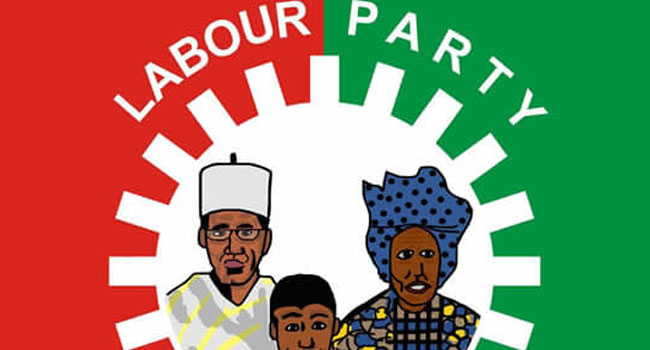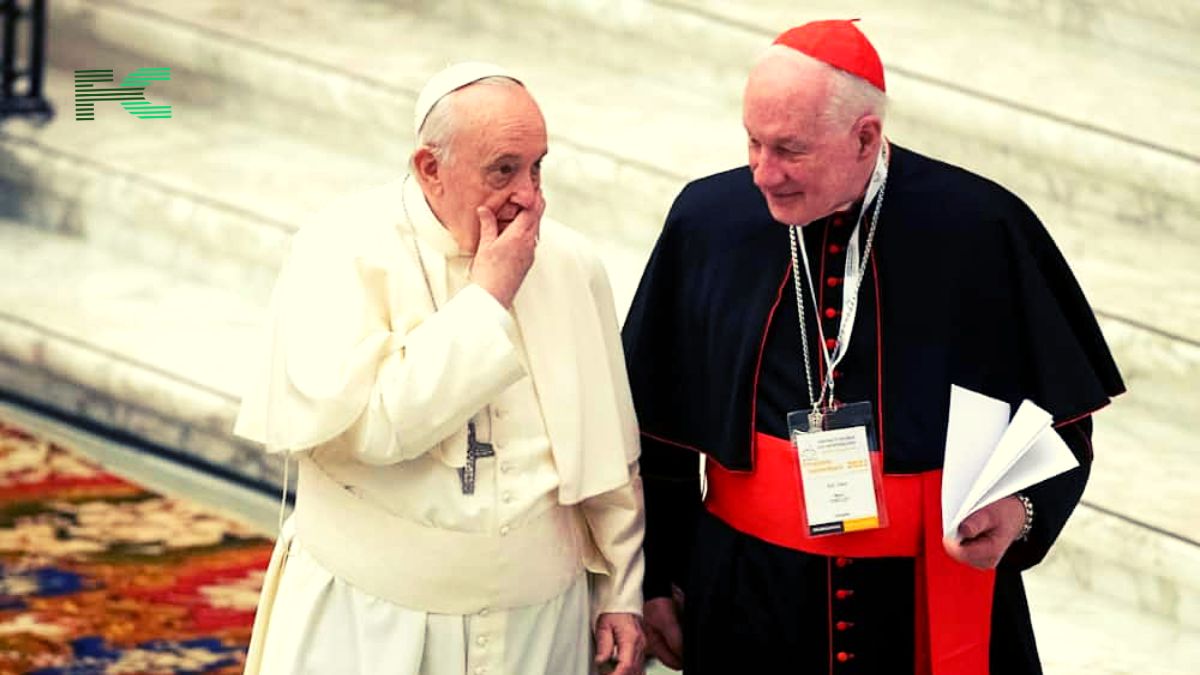As Israel commemorates the first anniversary of the Hamas-led attack that turned lives upside down, it’s hard not to notice the overwhelming sense of disillusionment hanging over the nation. October 7, 2024, marks one year since a surprise assault left approximately 1,200 people dead and around 250 hostages taken, causing a conflict that’s fueled worldwide protests and raised the stakes for an already volatile Middle East.
What They Are saying
Ceremonies kicked off at precisely 06:29 a.m. (0329 GMT), the time the rockets rained down last year. In the capital, Jerusalem, families of hostages gathered outside Prime Minister Benjamin Netanyahu’s residence, brandishing photographs of their loved ones, their expressions a mixture of grief and anger.
One voice stood out: Yuval Baron, whose father-in-law is among the hostages, lamented, “We’re still stuck in October 7th, 2023, in one unending day of terror, of fear, of anger, of despair.” Perhaps he should have added “and frustration” at the apparent lack of action from the powers that be.

At a memorial in Reim, President Isaac Herzog’s words echoed solemnly: “We will remember always who kidnapped, who murdered, who raped, who slaughtered.” It’s a tough but necessary message, albeit one that serves as crazy reminder of the past rather than a solution for the future. Herzog’s appeal for unity amidst mourning is commendable, but one can’t help but wonder how long that unity can last when citizens feel abandoned by their leaders.
While ceremonies continued across kibbutz villages and border towns, the day was tinged with a heightened sense of security. Security forces were on alert, anticipating potential retaliatory attacks in what is surely a testament to the ongoing tension. Many checkpoints in the Israeli-occupied West Bank were closed, effectively sealing off Palestinian residents and demonstrating yet again the stark divide in this long-standing conflict.
Why It Matters
In Gaza, the Israeli military boasted about thwarting a rocket attack, further fueling the cycle of violence that has now become all too familiar. The constant back-and-forth of attacks and responses only escalates tensions, as the Hamas attacks have led to an unrelenting Israeli military campaign that, according to Palestinian health authorities, has killed nearly 42,000 people. In a place where a majority of the population is already displaced, one has to question: how much longer can this go on before the world finally stops and says enough?
The surprise attack was not just a wake-up call; it was an alarm bell that has shattered the illusion of security for many Israelis. A nation known for its formidable military prowess found itself blindsided, leading to an unprecedented level of scrutiny directed at its leadership. If this was supposed to be a moment of reflection and solidarity, it feels more like an important reminder of how fragile peace can be.
Bottom Line
As vigils and protests unfold outside Israel and worldwide, it raises a critical question, are these memorials genuinely about honouring the fallen, or are they merely a facade for the ongoing cycle of violence and retribution? Perhaps, instead of merely remembering the past, the focus should shift to finding real solutions to break this endless cycle of conflict.
Remember the African proverb that says, “The more you spend on peace, the less you spend on war”

















